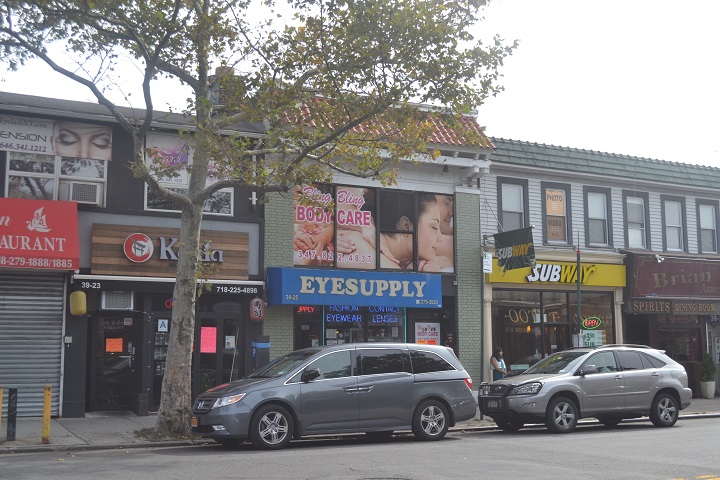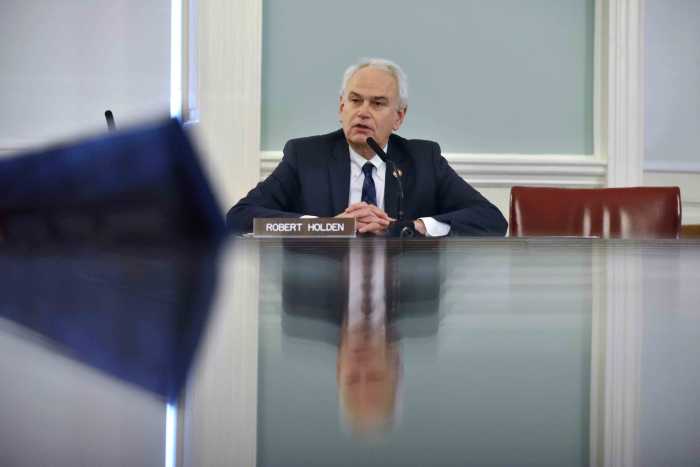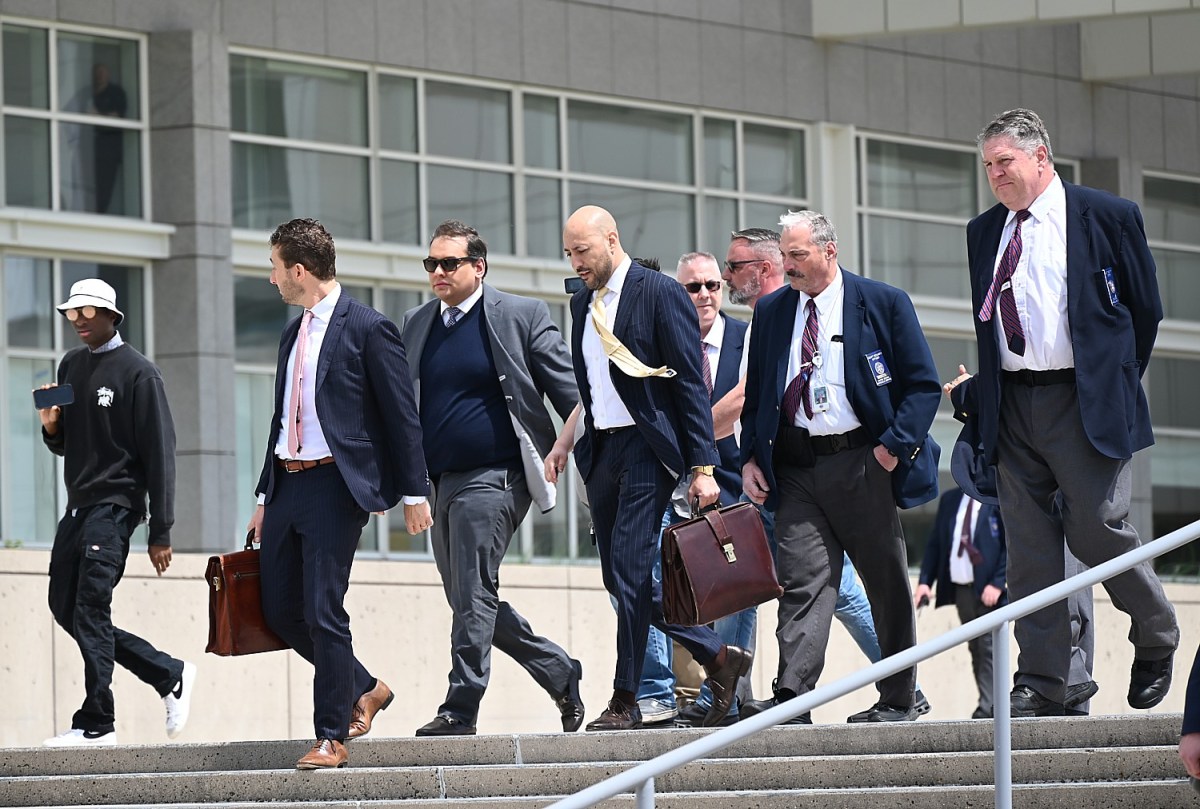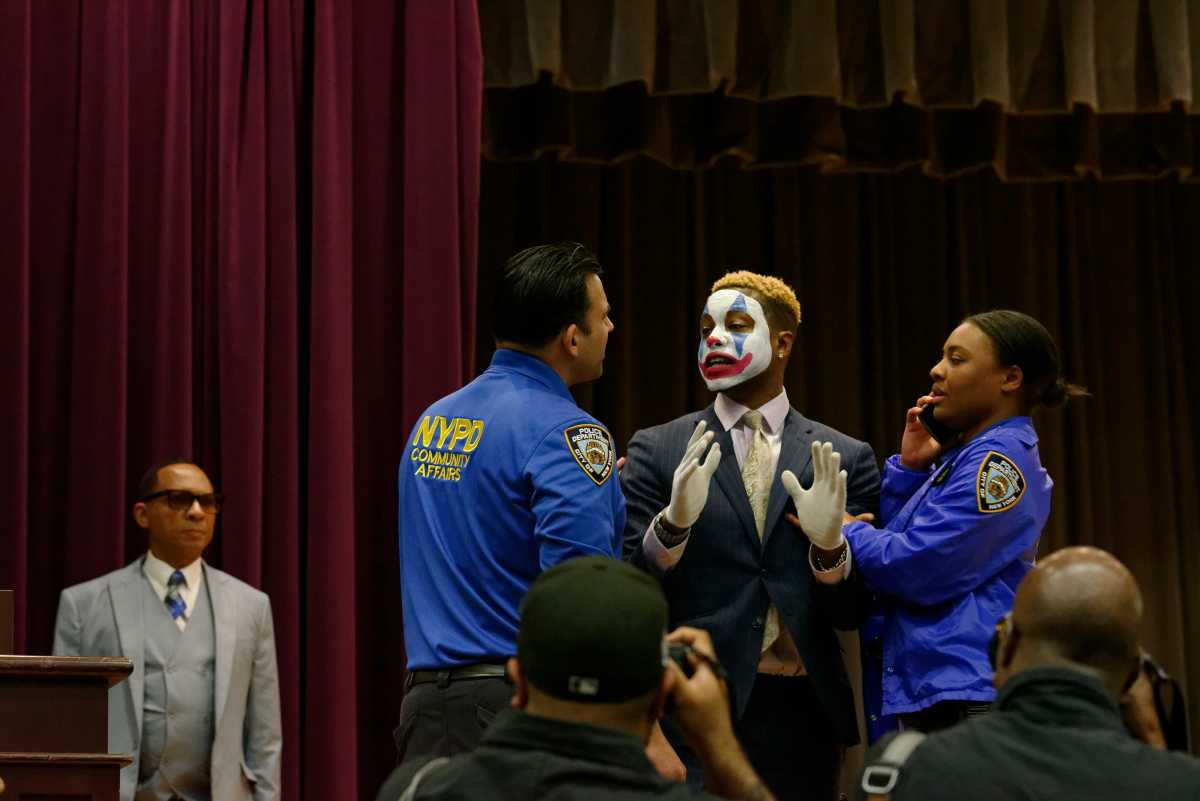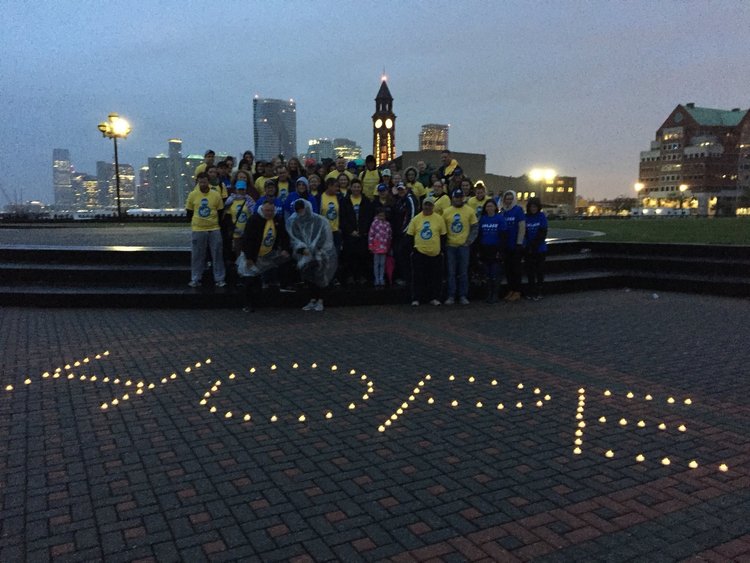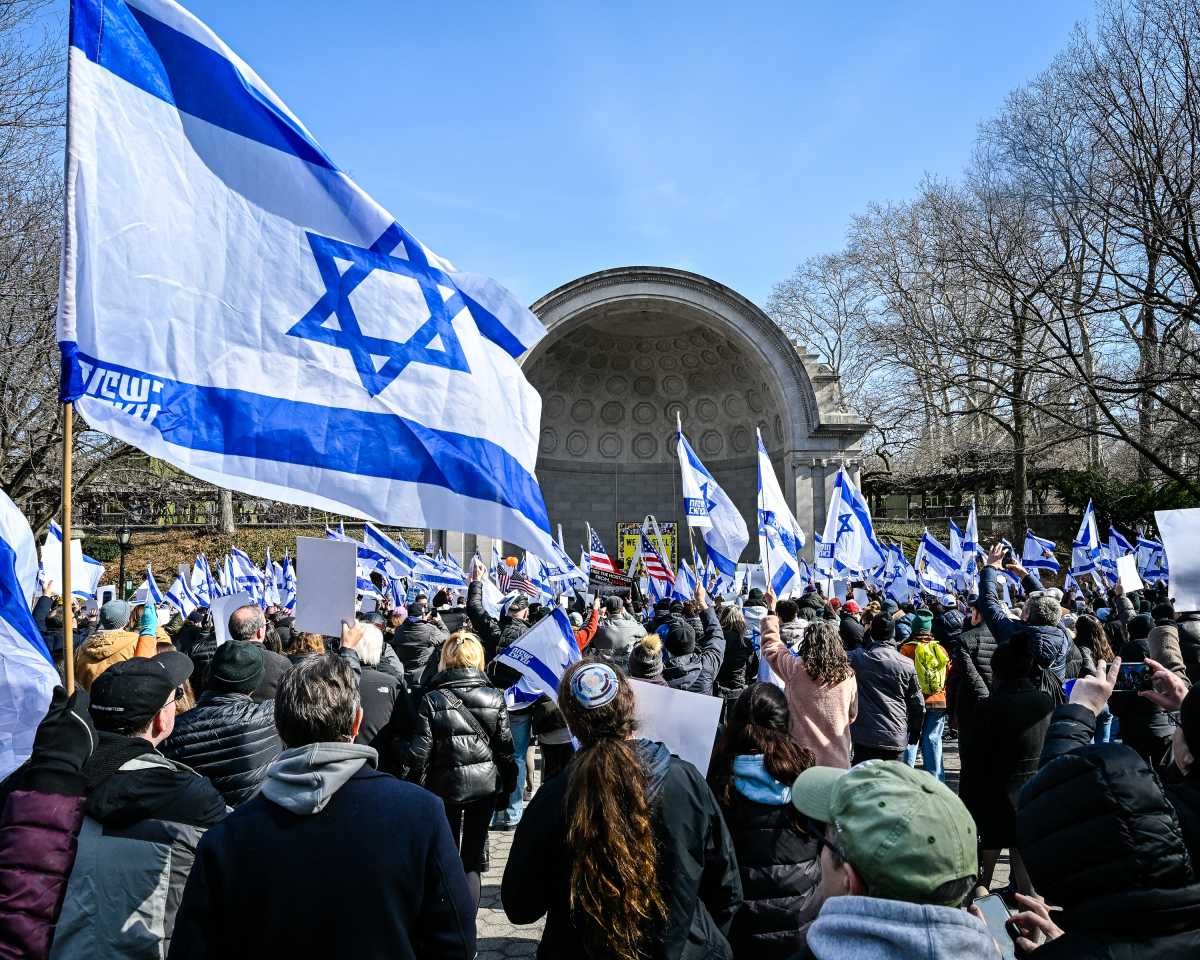After complaints from constituents, one Queens senator is hoping to weed out massage parlors that are providing more than a back rub.
Senator Jose Peralta introduced Bill S.6915 on Oct. 13, which would require businesses to become licensed. Unlike nail and hair salons, a business offering massages does not have to be licensed with the state.
“Constituents have come to me for a while now complaining about massage parlors,” he said. “They’re open so late. The office hours are a bit suspicious to say the least.”
When Peralta tried speaking to the NYPD and Department of Consumer Affairs, he realized that no agency was in charge of regulating these businesses.
“[The NYPD] would go out and enforce based on complaints but no one is in charge of regulating [the massage parlors],” he said.
To get around loopholes and make their businesses seem legitimate, Peralta argued, the businesses will display the license of a massage therapist on their wall. The Department of Education is responsible for issuing these licenses.
In other cases, business owners will use terms like “body rub” or “spa” instead of massage if their employees are not licensed.
The new bill would require the business to register with the Department of State and pay a $60 renewal fee every four years. In addition to the license, massage parlors would have to purchase liability insurance or a bond. In 2015, after a New York Times article exposed the harsh working conditions of nail salon employees, Gov. Andrew Cuomo required these businesses to take out a bond or liability insurance.
“Really, it’s to weed out bad actors,” Peralta said. “We’re not saying all [massage parlors] are illicit but we are saying that some are.”
Operating without a license would carry fines of up to $2,500. Similar laws have been passed in Florida, Texas, Alabama, Hawaii, New Hampshire, Rhode Island, Tennessee and Washington, D.C.
In his district, which encompasses Jackson Heights, Corona, East Elmhurst and parts of Astoria, many of the massage parlors are located around Roosevelt Avenue. According to the senator, a massage parlor operating illegally along Roosevelt Avenue was recently closed just two blocks from a local councilman’s office.
But the issue of these businesses moonlighting as places for prostitution spans the whole borough.
There have been many cases of massage parlor employees getting arrested for practicing without a license or prostitution in Ridgewood, Middle Village, Maspeth, Flushing, Whitestone and Bayside.
Peralta has also spoken with the Queens District Attorney’s office to discuss the human trafficking component of the issue.
“These businesses push human trafficking so I’m also having a conversation with the district attorney [Richard A. Brown] and ensuring the victim who is trafficked is not charged with anything,” he said.
In addition to making sure they will not be punished, victims of human trafficking will also be connected with resources to “help them get back on their feet,” Peralta said.
A website will also be created to help consumers find out if a business is licensed.
“The idea here is that we want to legitimize you,” he said. “If you’re not doing anything wrong then you should have no problem registering with the state.”

